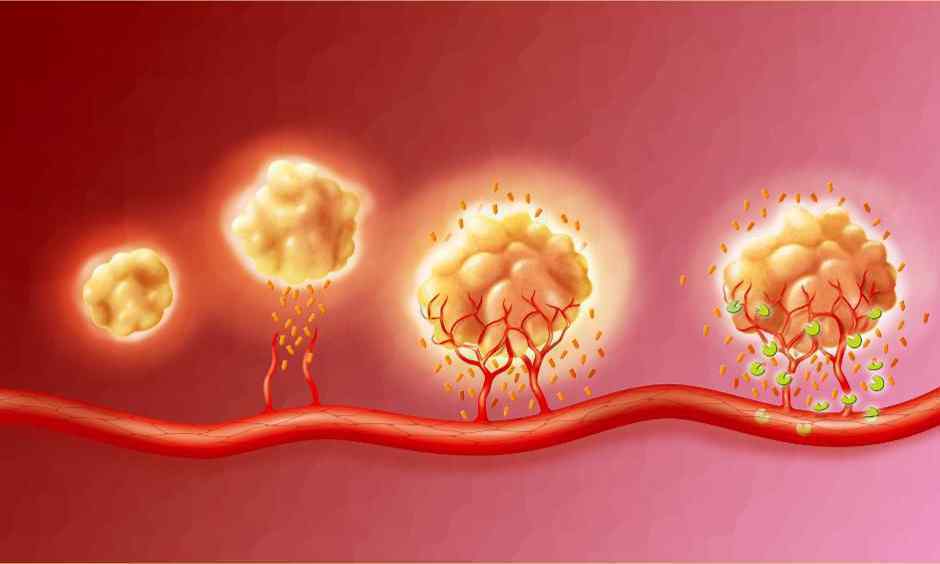As we deal with the ongoing COVID-19 pandemic, a new version of the virus called JN.1 makes health experts worldwide more worried. The World Health Organization (WHO) is keeping an eye on a new type of the virus called JN.1, calling it a “variant of interest.” It spreads quickly in many countries like India, Indonesia, China, the United Kingdom, and the United States.
Rapid Spread and Characteristics:
Health experts are concerned about a new form of the Omicron strain called JN.1 because it is spreading rapidly. It is currently the fastest-growing variant in the United States, causing 15-29% of infections, as per the US Centers for Disease Control and Prevention (CDC). JN.1 is related to BA.2.86 but has an additional mutation in the spike protein, making it different.
Right now, experts think the risk to the public is not very high, but the World Health Organization (WHO) says we need to be careful, especially as winter comes. They are worried there might be more cases of the Sars-Cov-2 virus, along with other respiratory viruses like the flu, respiratory syncytial virus (RSV), and childhood pneumonia. So, everyone needs to be alert.
Vaccination and Protection:
The vaccines we already have can still protect us from the new JN.1 variant. There is limited evidence yet about whether it can completely escape vaccine immunity. Health experts suggest staying updated with COVID-19 and flu vaccinations is important, especially for those who are more likely to get sick. With their success against previous variants, updated COVID-19 vaccines offer hope for enhanced protection against the emerging JN.1 strain.
Public Health Measures:
The World Health Organization (WHO) suggests doing a few important things to prevent infections and severe disease. These include wearing crowded areas, practicing good respiratory hygiene, regular handwashing, staying home when feeling unwell, making sure to cover mouth and nose when coughing or sneezing, and getting tested if experiencing COVID-19 symptoms. Following these steps helps stop the spread of diseases like JN.1 and other respiratory infections.
CDC’s Monitoring and Projections:
The CDC is closely monitoring the spread of JN.1 and its impact on COVID-19 activity in the United States. Initial estimates say that JN.1 might make up 15-29% of the variants going around right now, but these numbers could change as more data becomes available. The CDC emphasizes the importance of understanding growth trends and the need for continued global collaboration to track and respond to new variants.
We are dealing with a new challenge called the JN.1 variant. It is really important for people to stay updated on the latest information, follow the health guidelines given, and prioritize vaccination. Everyone around the world working together, along with ongoing research and keeping an eye on things, is key to handling this new phase of the pandemic. The JN.1 variant reminds us of the unpredictable nature of the virus and the importance of remaining adaptable in our response to safeguard public health.








